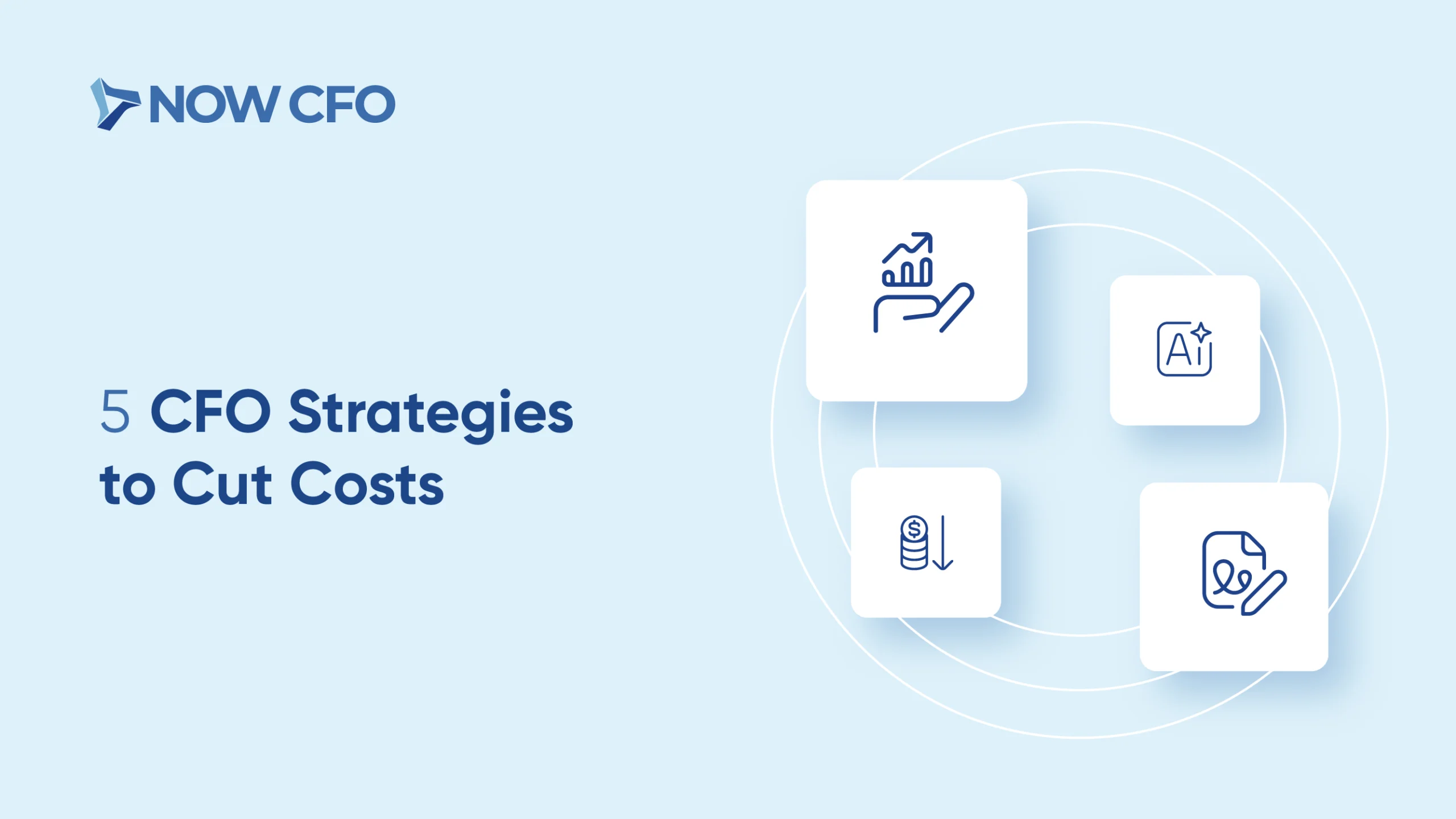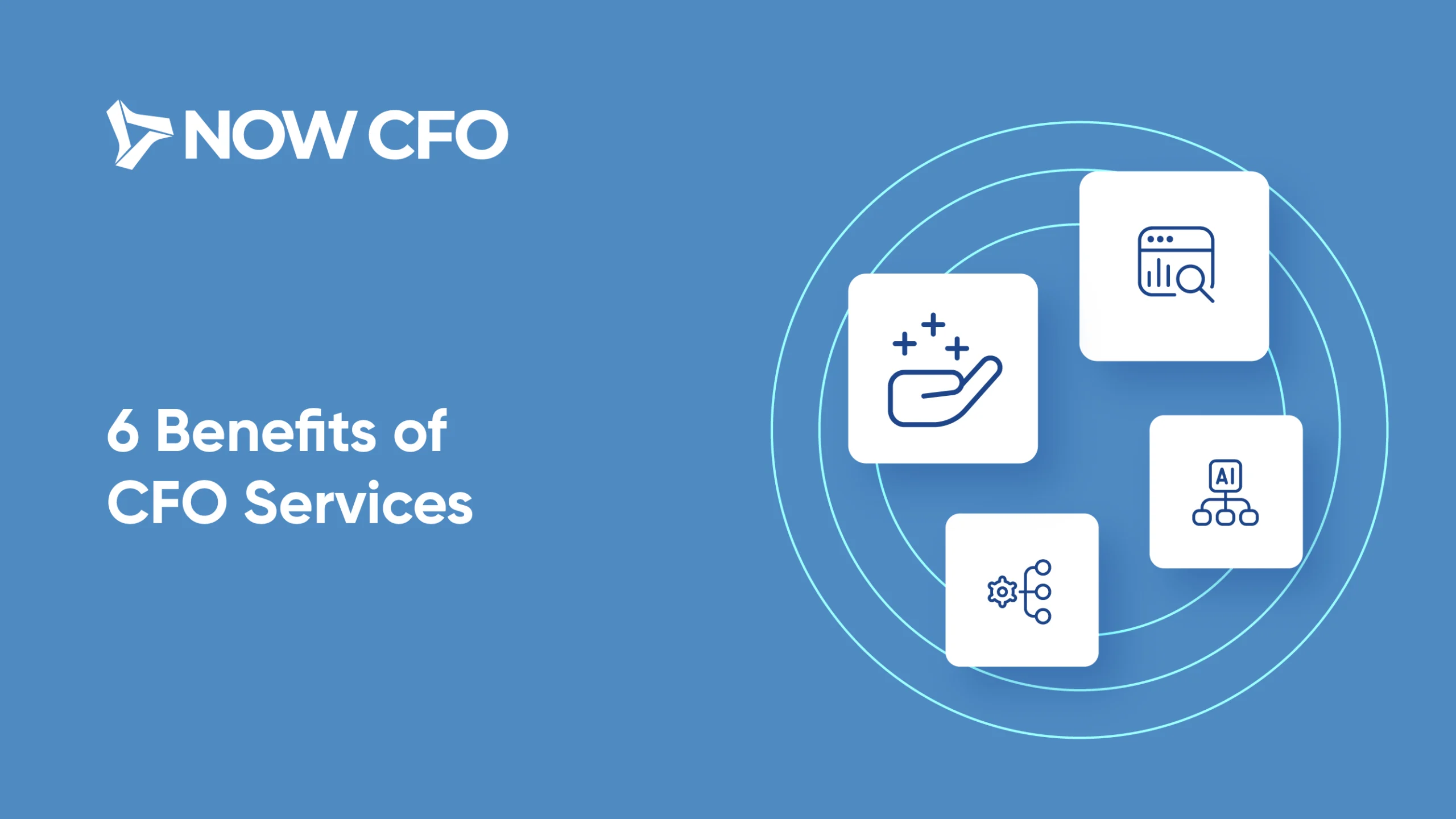
Do you need a CFO or a financial controller?
While CFOs and financial controllers have similar responsibilities, they are not interchangeable. CFOs focus on the future of a company while financial controllers focus on the past transactions and day-to-day operations of a company. We want to help to figure out who you need between a CFO vs a Financial Controller.
Certain triggers in your company or your company’s accounting and finance department may warrant a financial controller, while others may warrant a CFO.
Your company is acquiring investment capital.
The executive team at your company decides that the strategy they’d like to implement next quarter is going to take a transfusion of investor funding.
You need a CFO.
CFOs generally maintain a network of investors, making it simple for the company to find the right one for them. The CFO also serves as the point of contact between the investors and the board of directors or executive team. As well as, keeping the investors aware of what is happening with their funding and keeping the rest of the team aware of what is happening with their investors, because the CFO will also guide investor funds to the departments and services that need the transfusion the most.
Your company is planning a merger or acquisition.
Your company is considering an offer for a merger or has just received word of an impending acquisition. Most likely, they’ve hired a third-party firm to complete the due diligence process leading up to negotiations.
You need a CFO and a financial controller.
The financial controller will help the due diligence committee compile and interpret the data. This ensures they have the full picture of the company’s status and finances. After the financial controller and the due diligence committee have worked together to compile their findings, the CFO steps in to interpret the report. So the CFO will use this data to answer questions from investors and other involved parties. They negotiate the terms of the merger or acquisition and establish good faith.
It’s tax season.
It’s a new year and the accounting and finance departments at your company have just finished closing out another great year on your books. Now, you need to start thinking about filing your company’s federal, state and local taxes.
You need a financial controller.
A financial controller has direct interactions with the accounting and finance departments at the company. The controller has had a hand in maintaining your general ledger as well as tracking your inventory and accounts receivable. An experienced accounting controller has also had experience filing taxes and compliance forms before.
Your company is introducing a new service or product.
The company has decided to roll out a new product to complement the existing line of products they already sell. This comes with its own set of business needs, including a new cash forecast, a new set of systems to accommodate any expected growth and a new forward-looking strategy for after the launch.
You need a CFO.
A CFO will anticipate the changes that a new product can bring to a business model. This includes adjusted operation costs, adjustments to systems or selection of a new system. The introduction of a new product or service impacts the company’s strategy going forward. A CFO will be able to make those adjustments as well.
Your company is experiencing low profitability.
Sometimes, it can seem like nothing that you’re doing to improve your company is improving its profitability. Bottlenecks you’re not seeing or operation costs that could be cut, you need someone to come in and solve the problem.
You need a CFO.
Your company’s CFO will analyze the systems and processes you already have to find any bottlenecks, excessive operation costs, inefficient systems, overloaded systems or other problems that could be causing your low returns. They’ll also work closely with the accounts payable and accounts receivable teams to find strategies for controlling cost and improving productivity that can be quickly implemented.
Your accounting and finance staff is growing.
As the company grows, the accounting and finance staff grows by necessity. Often, it falls to a CFO or a senior accountant to manage the accounting and finance staff. This can cause the accounting and finance department to be inefficient.
You need a financial controller.
In order to maintain maximum efficiency for the accounting and finance department, they need management whose sole focus is the accuracy of the systems and processes of the department. A controller oversees the accounting and finance staff and maintains the integrity of their work. With final approval of all data and reports that go to the CFO and executive teams, the staff and the CFO don’t have to worry about anything but their own responsibilities.
Your company is experiencing rapid growth.
Things at your company are going great. In fact, things are going even better than you planned. While rapid growth is great, it can also cause headaches for your systems and established processes.
You could benefit from a financial controller or a CFO.
A financial controller and a CFO would both have experience expanding or replacing existing systems to accommodate the new growth. Either a financial controller or CFO would also effectively create new regulations and processes. these would help take on the expanded responsibilities with accuracy and efficiency.
In some situations, the new growth outpaces the strategies set out early on by the executive team. A CFO would be best to rework those strategies. In contrast, increased inventory or accounts receivable growth would be best handled by a financial controller.
Hiring a CFO vs a Financial Controller
Not all situations require full-time CFOs and financial controllers, because financial consulting services provide companies with part-time CFO and financial controller level consultants on an as-needed basis. You can hire a part-time controller consultant at tax season or before a merger and only pay for the time you need them, instead of paying for a full-time controller. Similarly, you can hire a temporary CFO for the beginning of year forecasting or during growth stages, instead of footing the bill for a full-time executive. There are just some of the differences between a CFO vs a financial controller.














